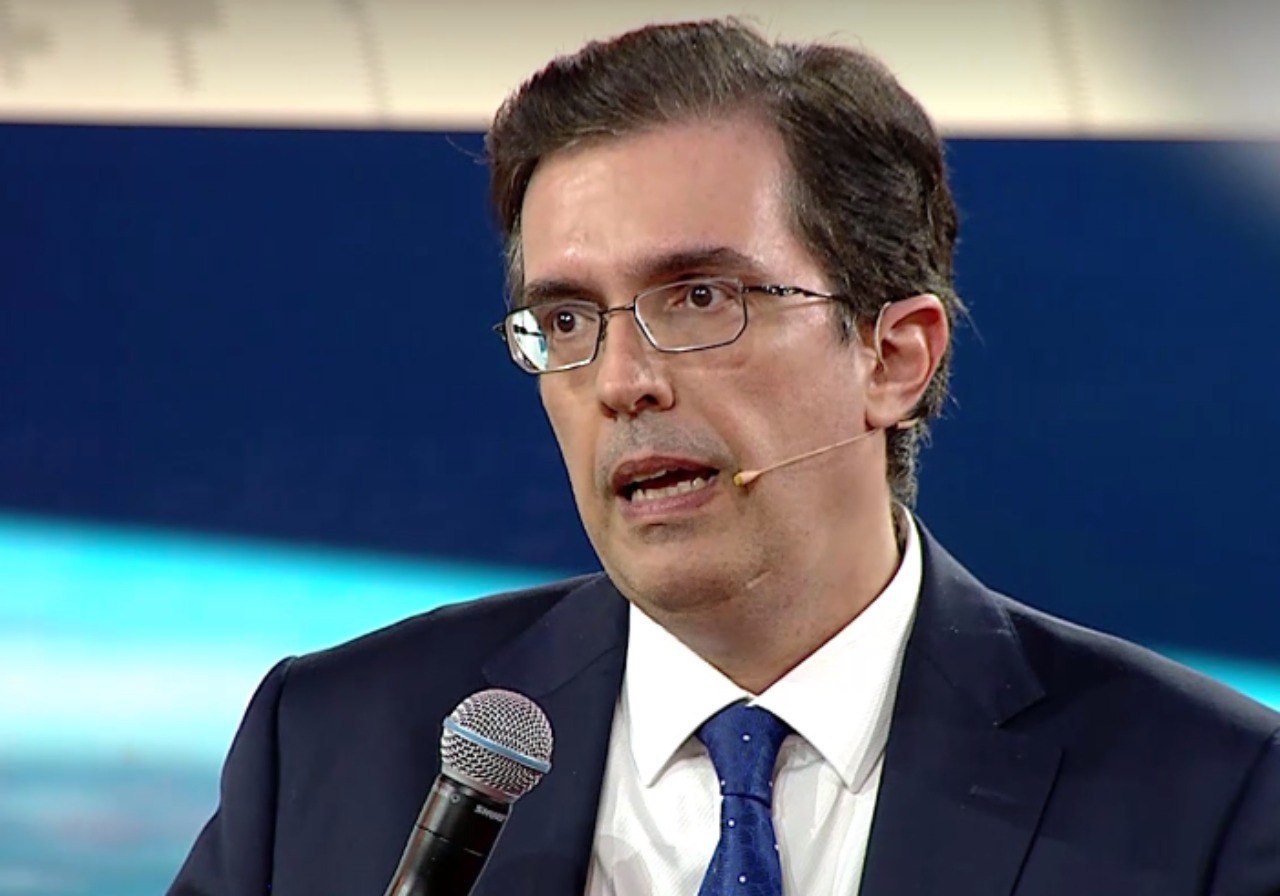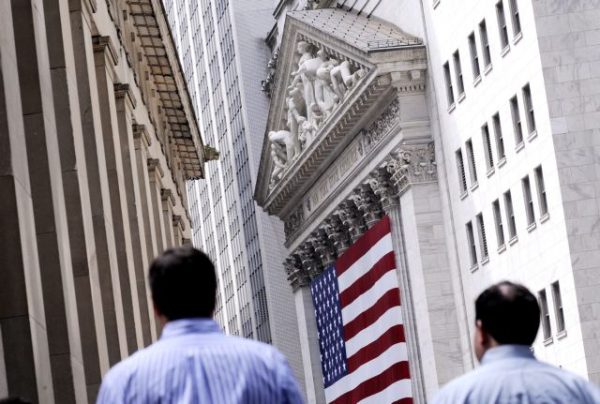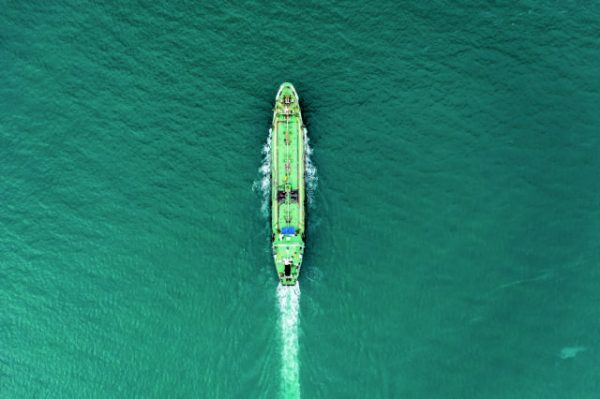
The new year starts from a favorable starting point, with the Greek economy having shown remarkable resistance to two consecutive, particularly serious, international disturbances – the pandemic and the energy crisis, starting with the war in Ukraine -, which were also accompanied by the most severe inflationary escalation in 40 years. With the exception of the pandemic, which is in remission, the remaining factors continue to be foci of concern and persistent challenges. However, according to data so far, a significant part of the aforementioned risks have already been discounted by mid-2022.
The foci of uncertainty for 2023 are located in the persistence of energy challenges and the additional costs of the required energy transition, the intensity of the Eurozone economic slowdown and the adaptation of the international and domestic economy to an environment of higher interest rates and more prolonged, than initially estimated, inflationary pressures. Despite justified fears, the response of the European economy as a whole has so far been better than expected, despite delays in critical decisions in the energy field – and with the positive assistance of circumstantial factors (mild weather conditions) – resulting in immediate risks seem more manageable now, although there are several difficult months ahead of us. However, the geopolitical conditions remain unfavorable and unpredictable, with undefined global ramifications in case of a new escalation in Ukraine, but also growing regional threats in our neighborhood, and more widely, amid unprecedented tensions, aggression and revisionism.
After the collapse of activity due to the pandemic, the Greek economy has pleasantly surprised with its dynamics. Average annual GDP growth is estimated to have reached around 7% in 2021-22 – double the pace of 2018. in the eurozone – with the labor market steadily improving, with unemployment at an 11-year low and business performance, both in terms of profitability and turnover, at their best for at least a decade. Domestic demand remained on a strong upward trajectory despite inflationary pressure on purchasing power, with private consumption growth expected to exceed 8% in deflated terms in 2022, recovering almost all of the losses of the decade-long crisis. The extroverted transformation of the economy is being consolidated with the volume of total exports at a new record high, with a key contribution now also from tourism which has recovered strongly approaching the top performances of 2019. Although the current account deficit looks high, due to strong price hikes, mainly on imports, in deflated terms it corresponds to 1/3 of its level in 2007-08, when the external imbalances of the Greek economy peaked. Undoubtedly, the increased extroversion makes the economy more vulnerable to international developments, although Greek exports are mainly made up of products with relatively low income elasticity and milder demand fluctuations.
Fiscal policy played an important role in the positive performance, which offset a significant part of the pressures, especially on the most vulnerable social groups and businesses. The strength of the economic recovery has effectively allowed the support measures to be “self-financing” through strong tax revenue growth, with a return to a small primary surplus looking entirely possible by 2023, without a recessionary impact. At the same time, debt is expected to decline by more than 30 percentage points of GDP from the peak in 2020, with recent sustainability analyzes pointing to a faster decline in the short and medium term, despite higher interest rates. Therefore, and given the consistent observance of our obligations for 7 years, the credibility of the economy has been strengthened and the prospect of recovering the coveted investment grade within 2023 remains.
In the area of investments and the attractiveness of the economy, performance is encouraging and maintains its positive momentum despite the uncertainties. Fixed capital investment will reach a 12-year high in 2022, with a significant qualitative improvement in terms of strengthening its technological and engineering content and a very positive outlook for 2023. Public investment, including Recovery Fund spending, will reach a historically high level in 2023. At the same time, foreign direct investment is on a steady upward trajectory to a new high in 2022, portending additional related fixed capital investment and strengthening activity in 2023, as well as in the following years. Many private investment projects are in a mature phase, with the Recovery Fund and banking competition absorbing some of the interest rate pressures and the internal capital generation capacities of businesses returning to pre-Greek crisis levels. At the same time, the gradual wage increases and the sustainable strengthening of employment combined with the strongest liquidity reserves, which gather the most robust segments of businesses and households, constitute additional bulwarks against short-term risks.
In conclusion, I would like to emphasize that obviously the economic and social endurances are not inexhaustible in the face of constant challenges. Undoubtedly, we cannot remain unscathed in a prolonged deterioration in the international environment, but I remain optimistic that there are important supporting factors operating in our economy, making it less vulnerable to additional, temporary shocks. However, there is no room for complacency in an environment where the paradoxical and unexpected tends to become commonplace.
Mr. Nikos S. Magginas is the chief economist of the National Bank of Greece.
Latest News

German Ambassador to Greece Talks Ukraine, Rise of Far Right & Tariffs at Delphi Economic Forum X
Commenting on the political developments in his country, the German Ambassador stressed that it was clear the rapid formation of a new government was imperative, as the expectations across Europe showed.

Athens to Return Confiscated License Plates Ahead of Easter Holiday
Cases involving court orders will also be excluded from this measure.

Servicers: How More Properties Could Enter the Greek Market
Buying or renting a home is out of reach for many in Greece. Servicers propose faster processes and incentives to boost property supply and ease the housing crisis.

Greek Easter 2025: Price Hikes on Lamb, Eggs & Sweets
According to the Greek Consumers’ Institute, hosting an Easter dinner for eight now costs approximately €361.95 — an increase of €11 compared to 2024.

FM Gerapetritis Calls for Unified EU Response to Global Crises at EU Council
"Europe is navigating through unprecedented crises — wars, humanitarian disasters, climate emergencies," he stated.

Holy Week Store Hours in Greece
Retail stores across Greece are now operating on extended holiday hours for Holy Week, following their Sunday opening on April 13. The move aims to accommodate consumers ahead of Easter, but merchants remain cautious amid sluggish market activity.

Green Getaway Ideas for Easter 2025 in Greece
Celebrate Easter 2025 in Greece the sustainable way with eco-farms, car-free islands, and family-friendly getaways rooted in nature and tradition.

Civil Protection Minister Details Summer Firefighting Plans at Delphi Forum
At the 10th Delphi Economic Forum, Minister of Climate Crisis and Civil Protection Yiannis Kefalogiannis discussed Greece's plans for the upcoming fire season.

How Shops and Markets Will Operate During Easter Holy Week
The Easter holiday schedule has been in effect since April 10, with retail stores open Palm Sunday, and most supermarkets also operating to meet consumer demand for Easter shopping

Why Is the French Aircraft Carrier Charles De Gaulle in Piraeus?
Docking in Piraeus after a four-month deployment in the Indo-Pacific region, the admiral of the aircraft carrier the Charles de Gaulle says, "Greece is our best partner in the Mediterranean."








































 Αριθμός Πιστοποίησης
Αριθμός Πιστοποίησης